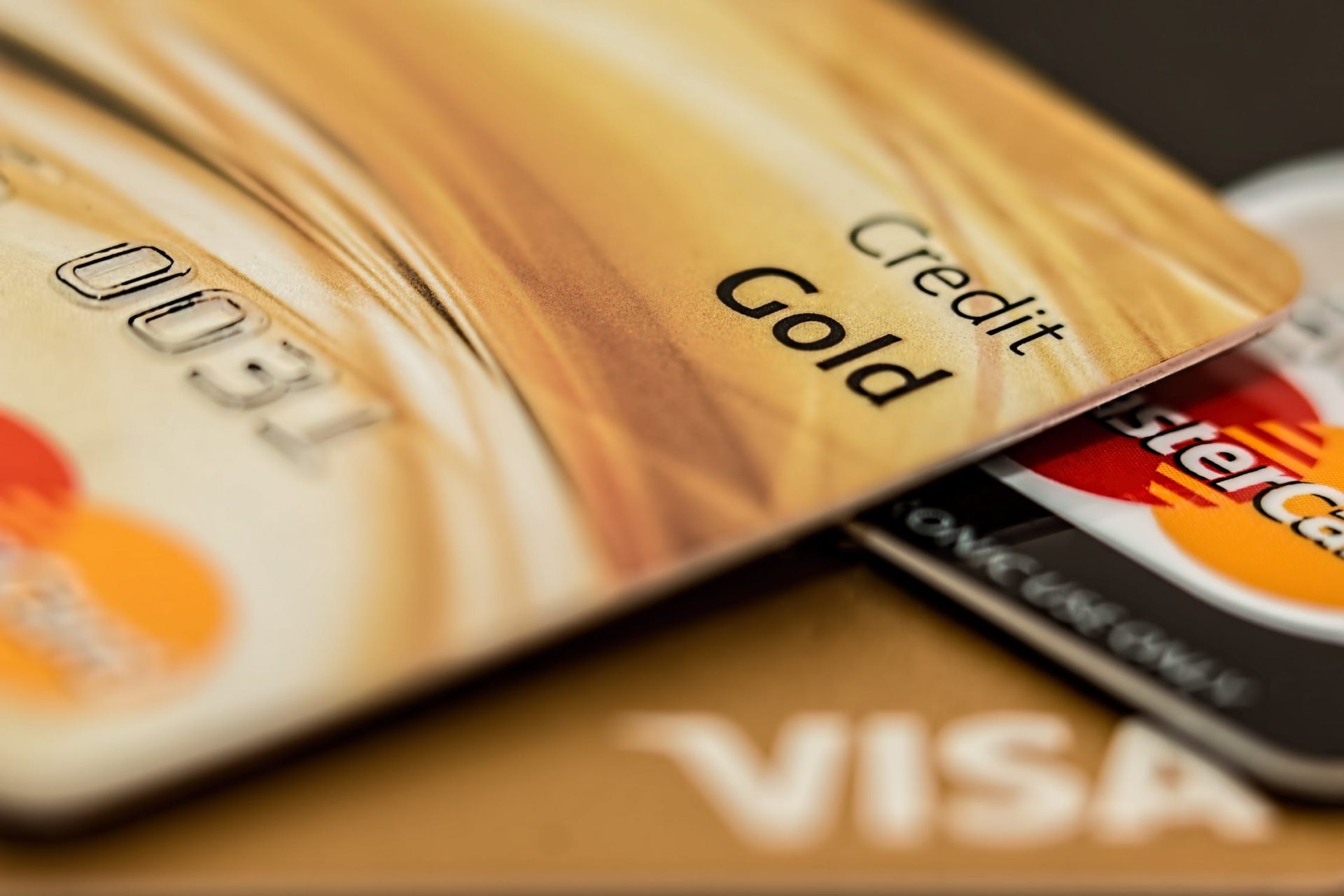
How to deal with student loans and other debt after graduation
Content provided by Bill Tsouvalas, Founder of Savvy
Though it may not affect your day to day life, most students will be graduating with debt after they graduate.
If you went through uni with a Commonwealth Supported Place, you may have been getting letters about your “student contribution” when signing up for classes each Trimester. If you paid for your contributions or fees using HECS-HELP or FEE-HELP you’ll still owe money to the tax office.
You can file this away under “I’ll deal with it later” – but it can creep up on you.
According to personal debt data research from Savvy, over 381,000 Australians have a personal student or education loan hanging over their heads.
For those of us with HECS debts, the total owing back to the government is a whopping $54 billion among 2.7 million students as of Financial Year 2017-18.
Though your student loan debts won’t affect you until you start earning above the income threshold – $45,881 p.a. as of Financial Year 2019-20 – it will still accumulate interest, pegged at the current inflation rate (1.7%.)
As your income rises, so do your repayments taken out of your PAYG (Pay As You Go) tax. This means a smaller tax return each year until the debt is paid off.
The headline is: the quicker you pay it off, the less you’ll owe in interest.
If you’re in debt, it’s not all bad.
There are two flavours of debt: good debts and bad debts. The good news is your student loan is a type of good debt; it’s an investment in your potential to earn more money over time. Score!
If you’ve been paying for beers and snacks with credit cards, that means spending interest on something you’ll never ever see again.
Credit cards and personal loans – the real worry
Though student loans such as HECS and student contributions do not affect your credit score – the tool banks and lenders use to figure out if you are a good borrower – other debts such as personal loans and credit cards can really stack up.
Credit cards are the real problem child of debt, and it’s all to do with minimum payments and revolving interest. For example: if you have a credit card with only $2,000 owing on a credit card with 18% p.a. interest and only pay the minimum each month, you’d be paying $3,691 in interest over 18 years! Paying $98 each month saves you a whopping $3,300 in interest and you’ll be done and dusted in two years (provided you don’t make any more purchases.)
How to check your HECS debts and pay it off early
Just how much do you owe, anyway? You can check your HECS debts and make voluntary contributions at any time using the ATO website at ATO.gov.au. You will need your Tax File Number to sign up for online services.
One method to reduce your HECS debt faster is to package HECS with your salary. This is known as “salary sacrificing” and can reduce your tax debt overall by reducing your take-home pay so you pay less in tax overall. For more information, visit the ATO page on repayments here.
How to attack your debts
Debts can eat away at your finances if you don’t get on top of them.
If you have many smaller debts such as credit cards, you may want to apply for a consolidation loan. This is a personal loan that wipes out your credit card debt and allows you to pay it back in manageable chunks.
Other ways to reduce your debts is to look at your current income and spending and see where you can cut back and funnel the savings into debt reduction. You don’t have to live like a monk or forgo nights out, just be sensible with your purchases.
One way to reduce spending is to get rid of easy access to spending on your mobile: get rid of eBay, Uber Eats, Wish.com, Skip, and other apps that make it easier for you to part with your money. You’ll be surprised how much you can save.
Need help with debts and finance? Talk to Advocacy and Welfare or call the National Debt Helpline on 1800 007 007.
Contact us at advocacy@une.edu.au or (02) 6773 3116.
You’re never alone at UNE.


